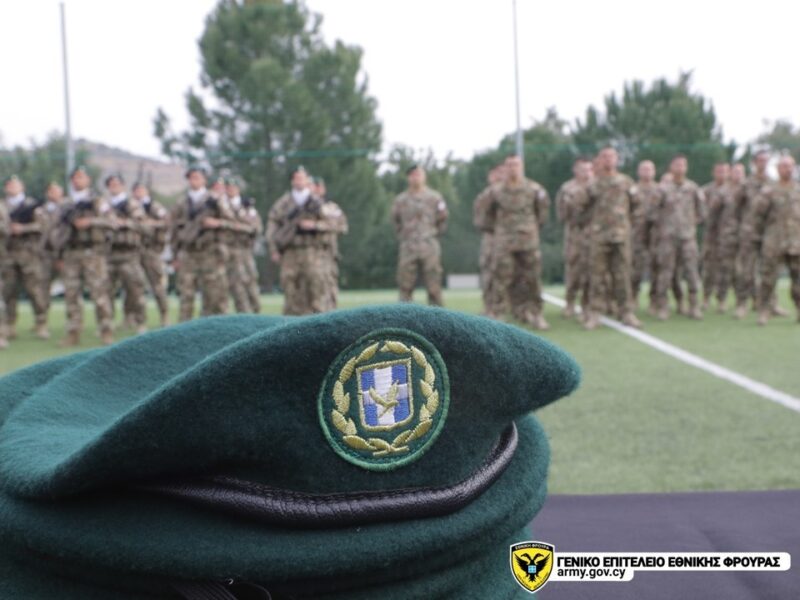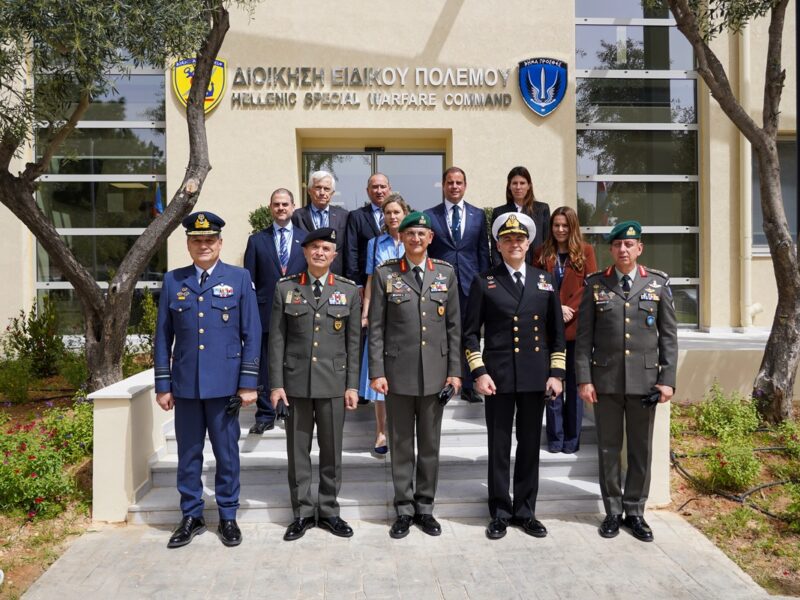Many years have passed, more than 20, since the inability of EKAB to perform airlifts for the sick and injured safely. The project was “temporarily” assigned to the Armed Forces. To date, “nothing more permanent than temporary.”
When the pandemic broke out and the vaccination of the Greeks began, the Armed Forces undertook most of this work. Even when due to the weather conditions numerous citizens were blocked on Attiki Odos, the Army was again called to release them. As for fire protection and firefighting, from the 70’s until today, the project eventually ends up in the Armed Forces.
Organizational structures and administrative affiliations have changed. Only the involvement of the Army never changed. And today, with the entire ministry responsible for dealing with the fires, with municipalities and regions involved, we end up in the Army again. Already, many days before the last fires, in a government meeting convened under the chairmanship of Prime Minister Kyriakos Mitsotakis, the involvement of the Army in patrols in forest and other high-risk areas was set as a key element of surveillance this year as well. In the end, in other words, everything is assigned to the Army. As if the rest of the Greek State is unable to function!
We will therefore “remind” that the mission of the Army is very different. Especially now, when we are going through a period of national crisis with the Turks making daily threats, claiming the half of the Aegean, committing daily violations of national airspace and island overflights, and generally testing our resilience. The answer can only be a constant military vigilance. This is the task that the Army must carry out and only in the alternative could it be involved with another woman. We will also point out that for many years the Army has ceased to be a reservoir of human resources.
During the 70’s with a military service of 28 to 32 months there was a plethora of serving soldiers. Even when the tenure was reduced to 22 to 25 months in the 1980s and to 18 months in the 1990s, there was still sufficient staff available to support the firefighting effort without affecting the combat readiness of the units. of the face. Later, the further reductions brought a Chief of General Staff to the dilemma of whether to deploy the so-called “General Reserve”, the battalion whose task was to respond immediately to a possible enemy surprise. Eventually with a political decision the “reserve” left to put out fires and, fortunately, during that period, no sudden hostile action was noted, and the problem went unnoticed.
Today, however, with a term of 12 and nine months, not a single decent staffing of units can be done. How much more “staff” for fire protection patrols. So another paraphilology lurks. Some, seeing the low staff, find the opportunity to talk about reducing the military presence in the Aegean islands, and even about reducing the strength of the ELDYK in Cyprus. “Estia” has received assurances that none of this is happening. However, we understand that the effort to maintain the militant with all these leaks to the “other State” is titanic …
Let us emphasize here that the Greek Army (because the problem is located in the Army) remains organized for staffing with a staff of 120,000. As it was then when the term reached 22 months. Let’s not better mention what the real paramilitary forces are today. But it is easy to see that the shortage of tens of thousands of conscripts is not being replaced by the recruitment of a few hundred professional hoplites. Especially if we remove personnel from them to deal with fire safety patrols. Other staff for the vaccination centers and, of course, the permanently employed staff who carry out the daily, necessary, tasks of the social contribution of the Armed Forces (air transport, medical services, the remote islands, etc.).
Unfortunately, our neighbors are called Turks. They are neither Danes, nor Dutch or French to have the luxury of leaving our borders unguarded. We would not like to continue revealing information about the “roofs” of the army and the staffing percentages of the combat units. Those in charge know them. But it amazes us that we do not see them worrying, but slightly agreeing to weaken them even more for fire protection, which is the mission of others.


